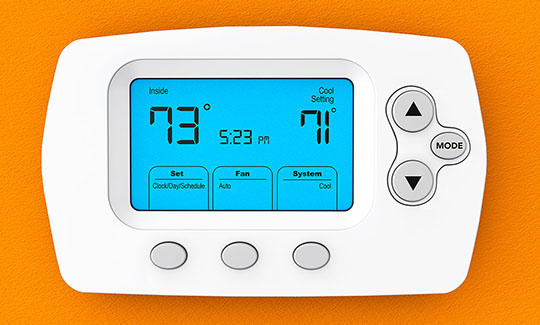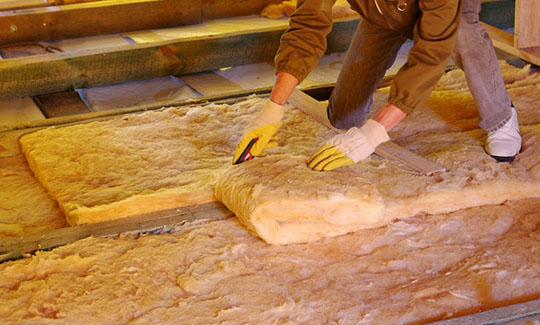Why Is My Air Conditioner So Loud? Part 2
In our previous post, “Why Is My Air Conditioning So Loud?” we discussed means by which you can diagnose the reason your air conditioning system is unusually noisy. If the source of the sound is outside it could indicate:
- There is debris in the fan.
- The fan blades are dirty.
- The fan requires tightening.
- The fan blades are damaged.
- The unit is leaking refrigerant.
We concluded that if the cause of the noise is related to dirt, debris, or loose components around the fan, you can probably perform the maintenance yourself. Damaged fan blades, leaking refrigerant, motor and condenser issues should be addressed by a professional HVAC technician.
However, what if the source of the sound is inside your home? Below are steps you can take in order to identify the the noise and whether you will need a professional repairs.
1) Identify the Source of the Sound
If the source of the sound is inside it could in indicate:
- Similar issues with the fan as the outdoor unit.
- The motor is damaged.
- Refrigerant is leaking.
- There are loose screws in the ductwork.
- The ductwork requires servicing.
Is the sound is coming from the air handler or above your head in the attic? If it’s coming from the attic, the sound could be indicative of loose duct screws. If the sound is coming from your air handler, it could indicate your fan is dirty (similar to your outdoor unit), or it could be caused by more serious issues with your indoor unit.
2) Examine Your Indoor Air Handler
What is the sound like? If it is a rattling sound, it could mean your fan has become laden with debris; however, you should contact a professional immediately if you hear:
- Grinding like gears or the metal to metal sound of worn automobile brakes
- A thumping sound similar to an off-balance washing machine
- A squealing or hissing sound—likely indicative of leaking refrigerant.
These sound may indicate that your unit is going to fail completely. The sooner you address potential major repairs, the better.
If the sound is a rattling similar to that which we described in the previous post, it may be as simple as a dirty fan blade. To correct this, follow the steps laid out in the previous blog post:

- Always turn off the HVAC at the thermostat and the circuit breaker before performing maintenance.
- Remove the grate covering the fan and examine the area for debris.
- Clean any dirt and dust with a wet towel.
- Tighten any loose screws.
- Cover fan, turn unit on.
If the fan blades are damaged, the fan will need to be replaced.
3) Examine Attic Ductwork
If the sound is coming from above, it may be as simple as loose screws in the ductwork. If you are comfortable and careful to only walk or move on studs, you can go into your attic and tighten any loose screws. If the sound continues, or sounds like a loud pop when the air conditioning engages and disengages, your ductwork likely requires servicing by a licensed HVAC technician.
4) Utilize Sound Dampening Techniques
You may find that your HVAC system is simply loud. There are a few techniques you can utilize to reduce the noise.
If your outdoor unit is the source of the noise, consider building a small, solid fence around it. However, make sure you leave at least 30 to 36 inches of space between the unit and the fencing so that your there is adequate airflow to your system.

To quiet the noise inside, consider spray foam or thermal insulation for your attic and crawlspace. In addition to dampening the sound, spray foam improves your home’s energy efficiency and the effectiveness of your heating and air conditioning system.
The best way to ensure your air conditioning is running well, efficiently, and quietly, is to have it inspected and serviced regularly by a licensed professional. Our maintenance plans help homeowners remain comfortable and worry-free throughout the hottest summer.


